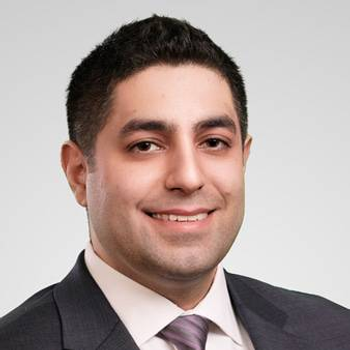Fukuyama Type Muscular Dystrophy Overview
Learn About Fukuyama Type Muscular Dystrophy
State University Of Iowa
Katherine Mathews is a Neurologist and a Pediatrics provider in Iowa City, Iowa. Dr. Mathews is rated as an Elite provider by MediFind in the treatment of Fukuyama Type Muscular Dystrophy. Her top areas of expertise are Limb-Girdle Muscular Dystrophy Type 2I, Limb-Girdle Muscular Dystrophy, Dystrophinopathy, and Friedreich Ataxia. Dr. Mathews is currently accepting new patients.
Advocate Medical Group Primary Care
Sam Fatoorehchi is a primary care provider, practicing in Family Medicine in Chicago, Illinois. Dr. Fatoorehchi is rated as an Advanced provider by MediFind in the treatment of Fukuyama Type Muscular Dystrophy. His top areas of expertise are Miyoshi Myopathy, Delta-Sarcoglycanopathy, Walker-Warburg Syndrome, and Fukuyama Type Muscular Dystrophy.
Tatsushi Toda practices in Tokyo, Japan. Toda is rated as an Elite expert by MediFind in the treatment of Fukuyama Type Muscular Dystrophy. Their top areas of expertise are Walker-Warburg Syndrome, Fukuyama Type Muscular Dystrophy, Lissencephaly, Thrombectomy, and Thymectomy.
Summary: This is a 24-month, observational study of up to 1000 participants with Limb Girdle Muscular Dystrophy (LGMD), Myotonic Dystrophy Type 2 (DM2), and late onset Pompe disease (LOPD).
Summary: Simons Searchlight is an observational, online, international research program for families with rare genetic variants that cause neurodevelopmental disorders and may be associated with autism. Simons Searchlight collects medical, behavioral, learning, and developmental information from people who have these rare genetic changes. The goal of this study is to improve the clinical care and treatment...
